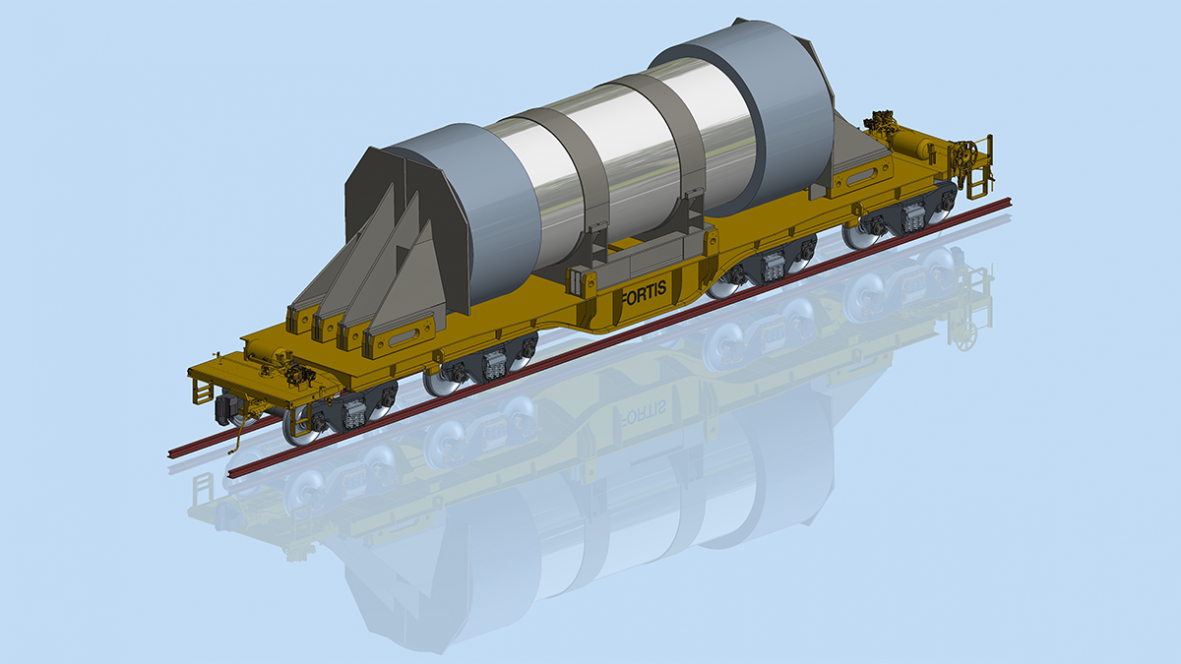New Mexico sues NRC over used fuel storage site licensing

New Mexico attorney general Hector Balderas has filed suit against the Nuclear Regulatory Commission and the United States, seeking to stop Holtec International’s application to build and operate its HI-STORE consolidated interim storage facility for used nuclear fuel in the state. The complaint, filed in the U.S. District Court of New Mexico on March 29, seeks a declaratory judgment that the NRC is acting beyond the scope of its authority and an injunction preventing the licensing from moving forward.




 A new report out of Columbia University’s Center on Global Energy Policy (CGEP) offers a number of recommendations for improving the management of spent nuclear fuel and high-level radioactive waste in the United States.
A new report out of Columbia University’s Center on Global Energy Policy (CGEP) offers a number of recommendations for improving the management of spent nuclear fuel and high-level radioactive waste in the United States.
